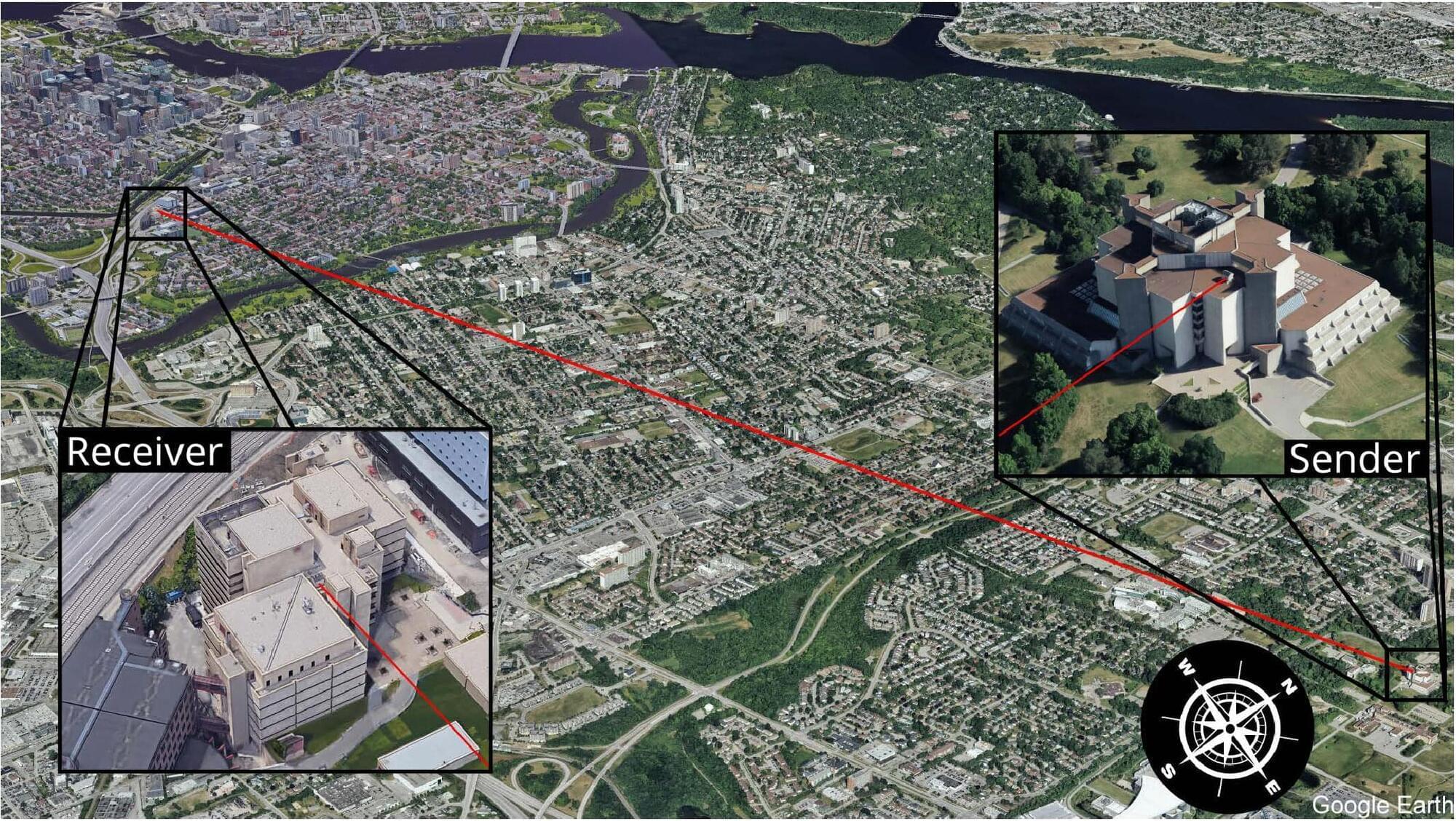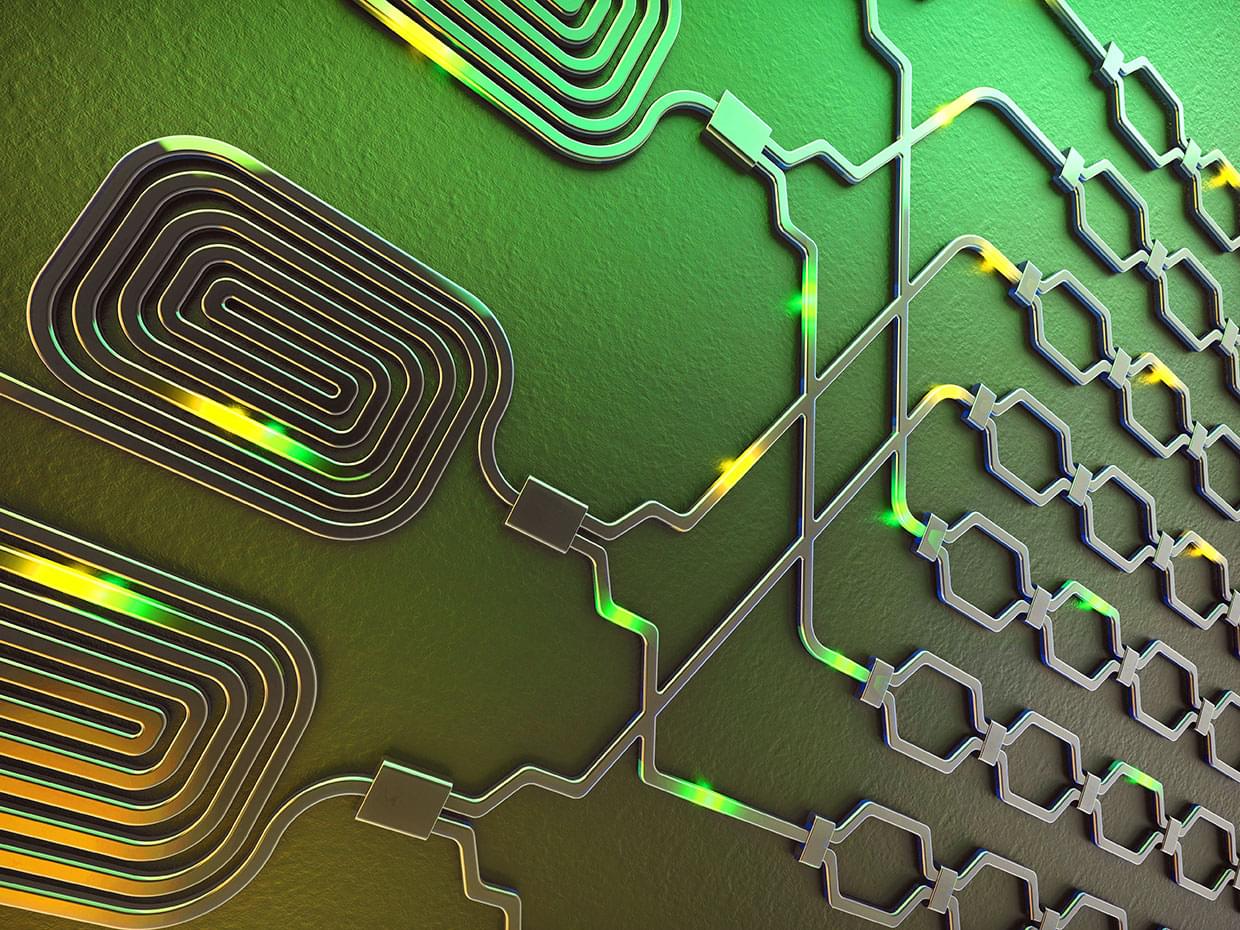In the quest for ultra-secure, long-range quantum communication, two major challenges stand in the way: the unpredictable nature of atmospheric turbulence and the limitations of current optical wavefront correction techniques. Researchers at the University of Ottawa, under the supervision of Professor Ebrahim Karimi, the director of Nexus for Quantum Technologies, in collaboration with the National Research Council Canada (NRC) and the Max Planck Institute for the Science of Light (Germany), have made significant advances in overcoming both obstacles.
Their two latest breakthroughs—an AI-powered turbulence forecasting tool called TAROQQO and a high-speed Adaptive Optics (AO) system for correcting turbulence in quantum channels—represent a turning point in developing free-space quantum networks.
These advancements, published in Optics Express and Communication Physics, offer complementary solutions to the fundamental issue of atmospheric turbulence that distorts and diminishes photonic quantum states as they traverse through the air.



